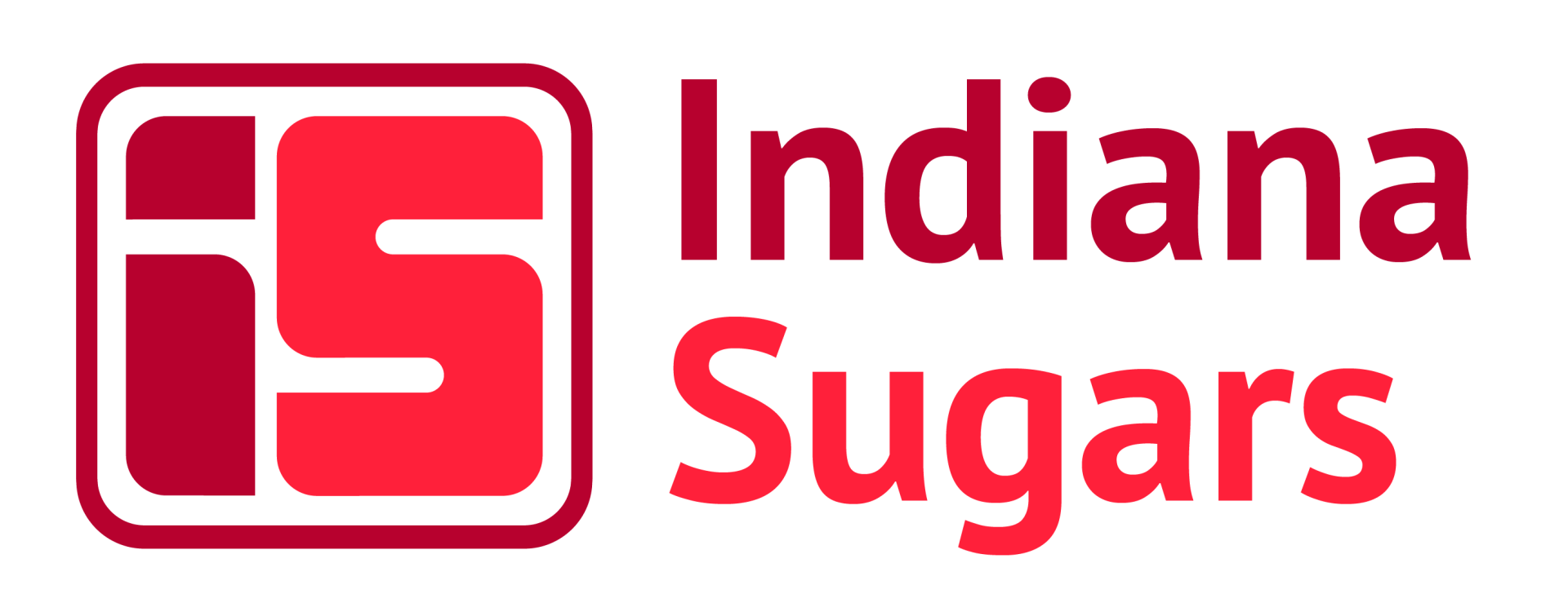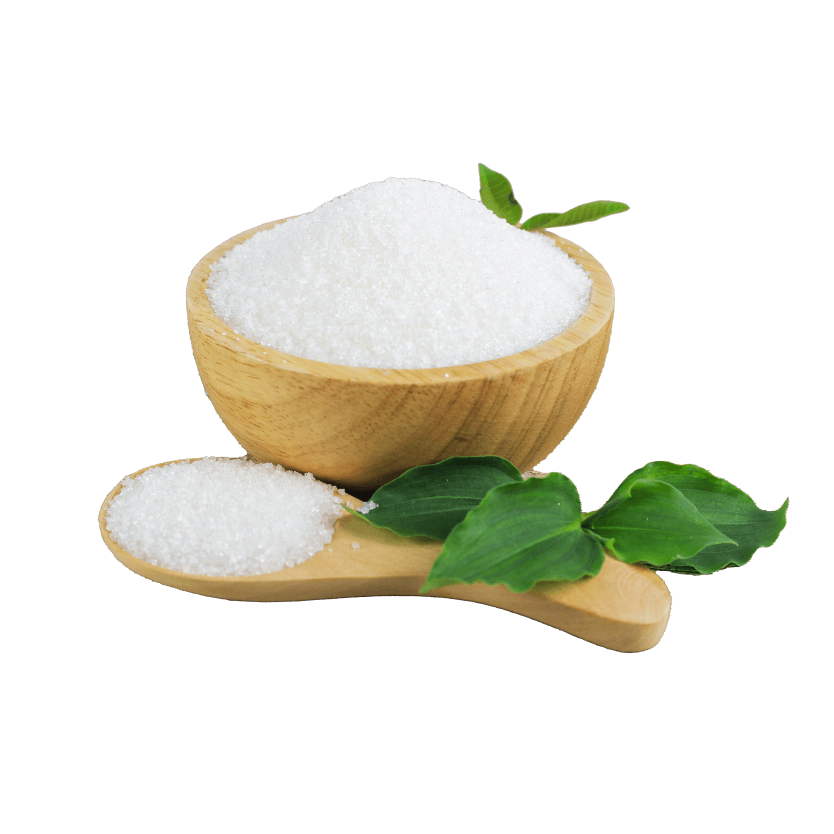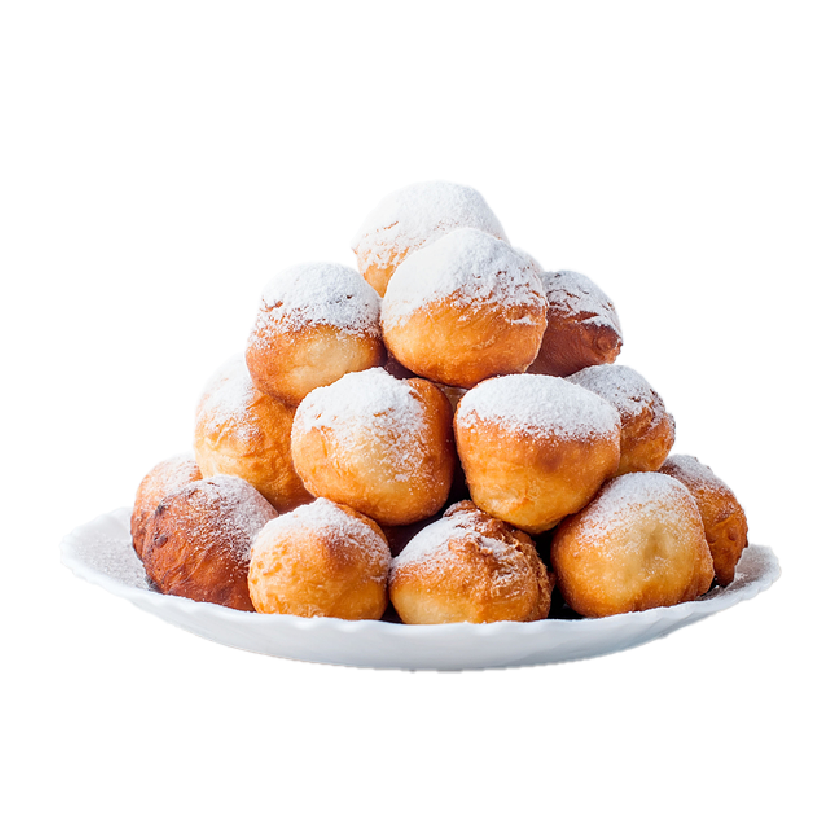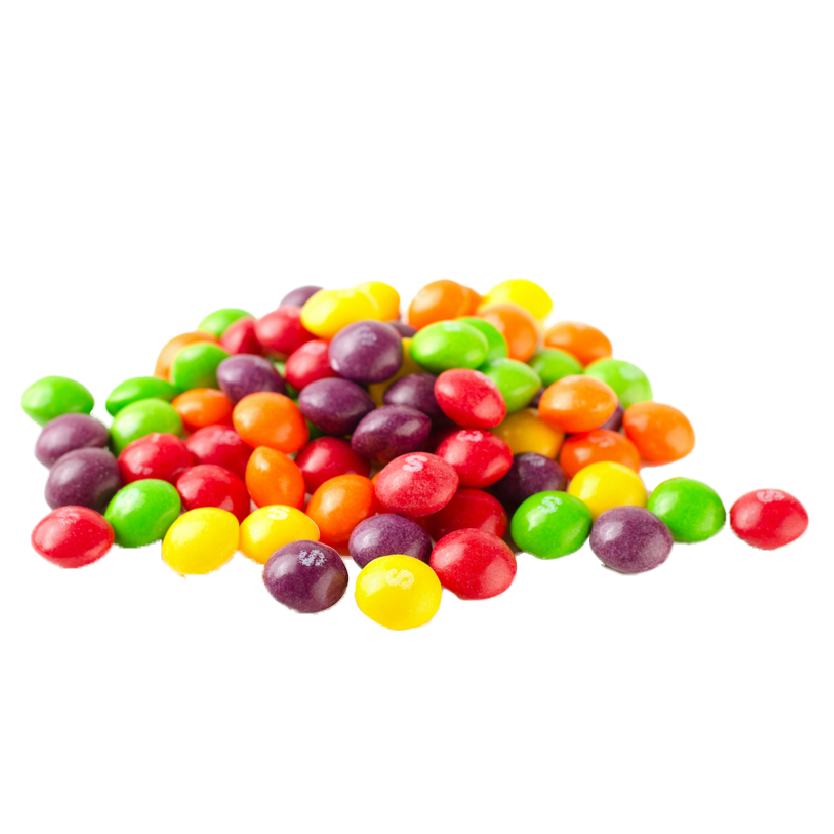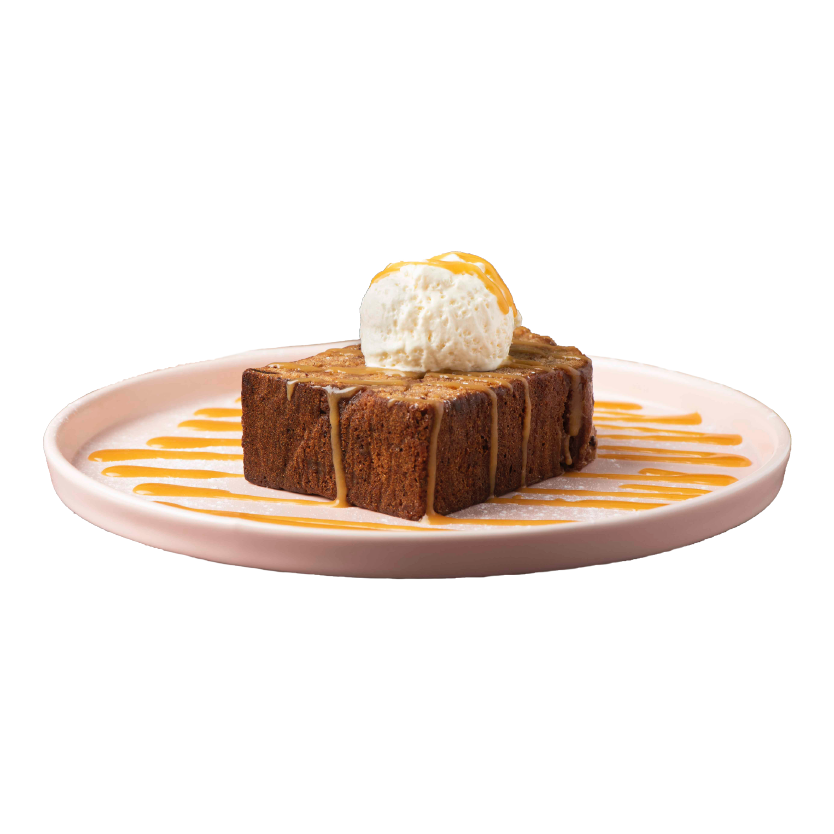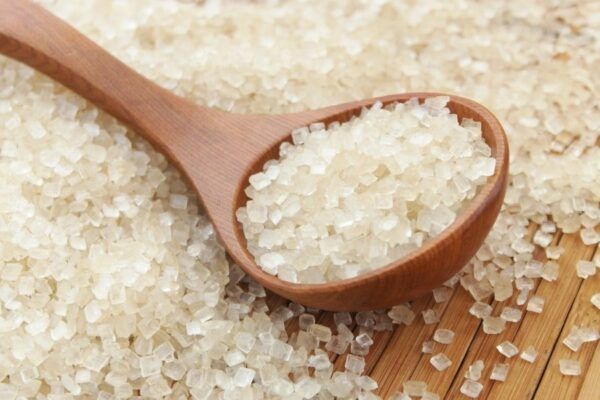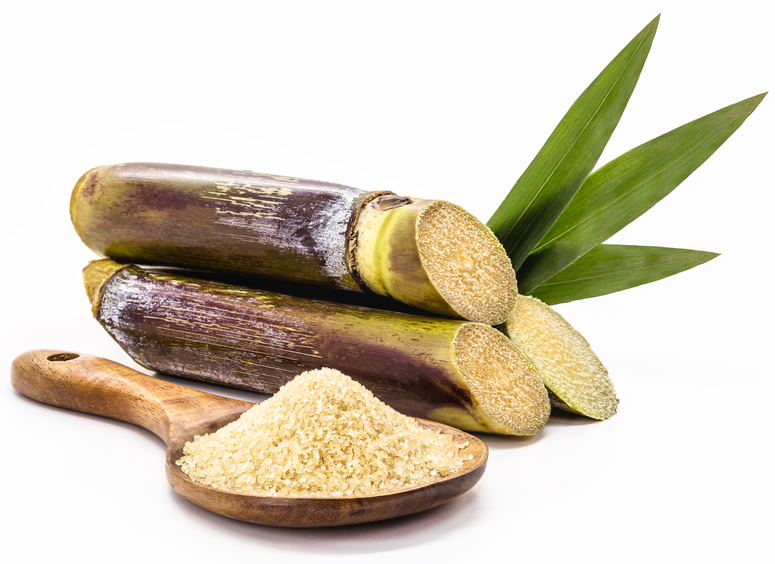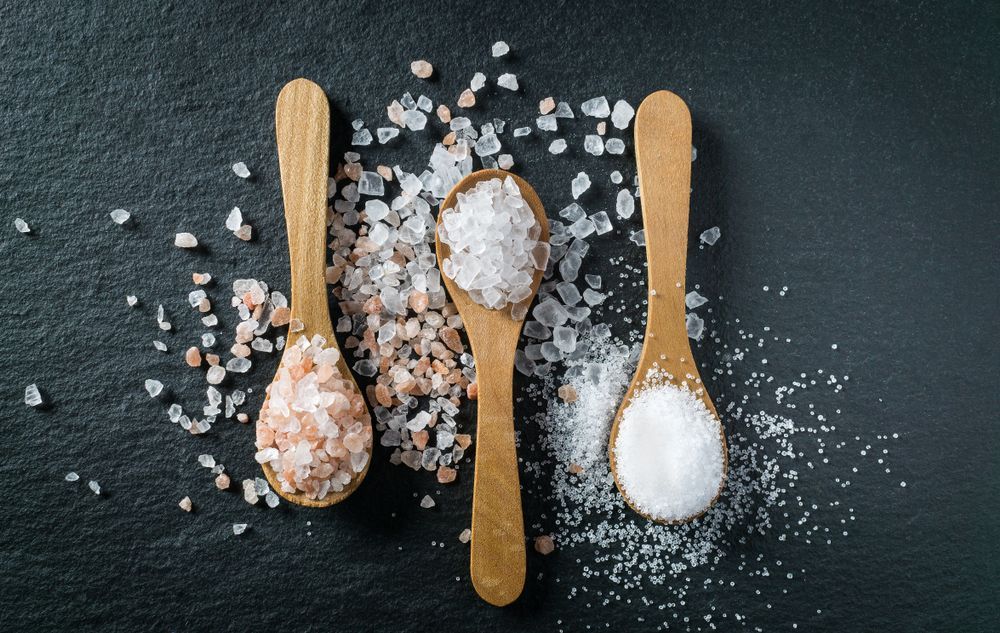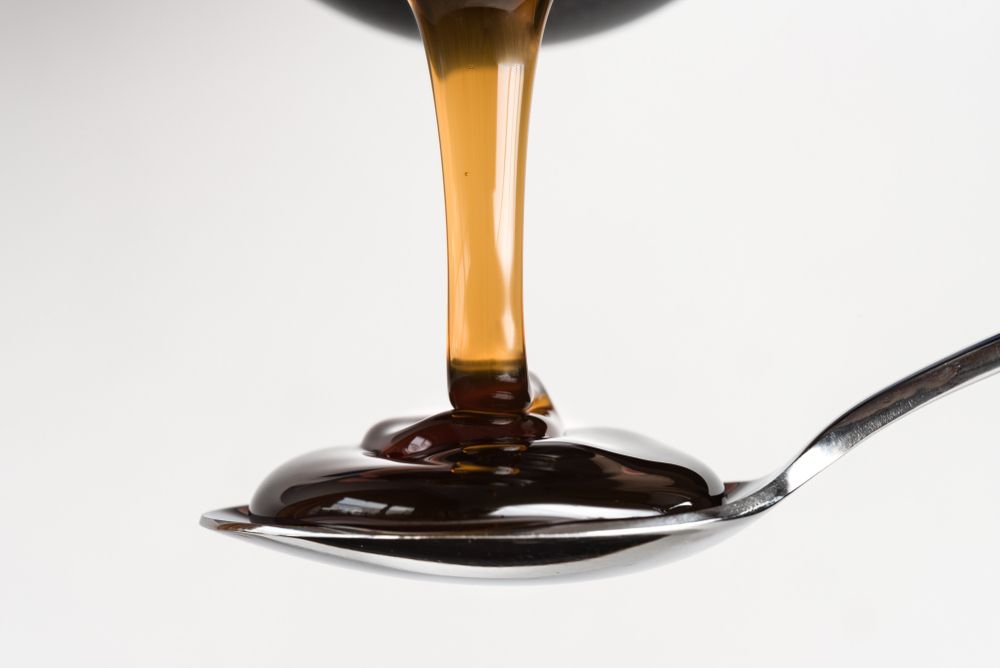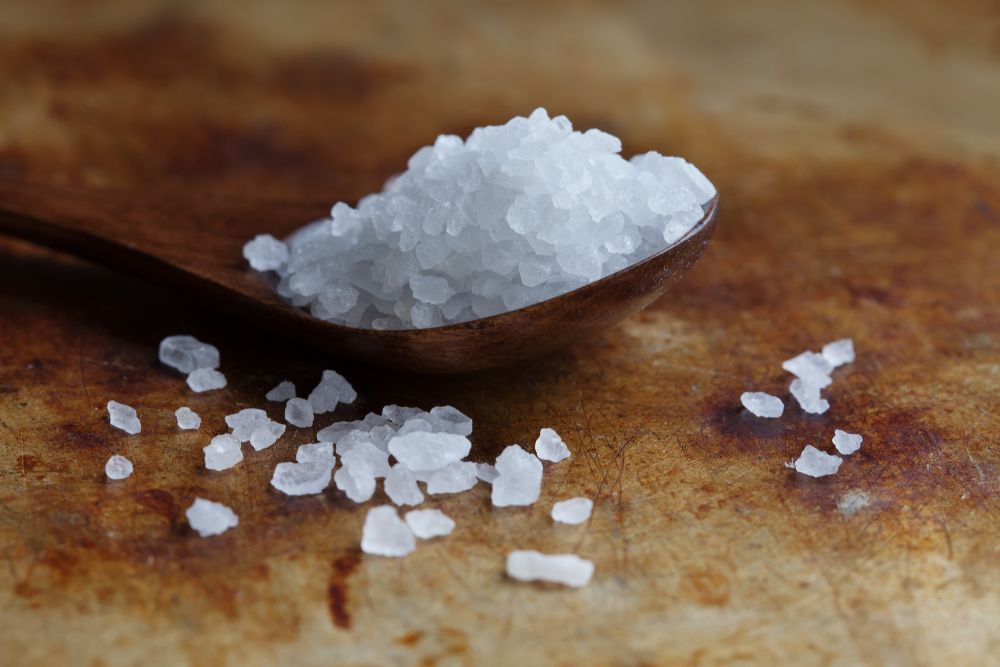What is the Difference Between Refined and Unrefined Sugars?
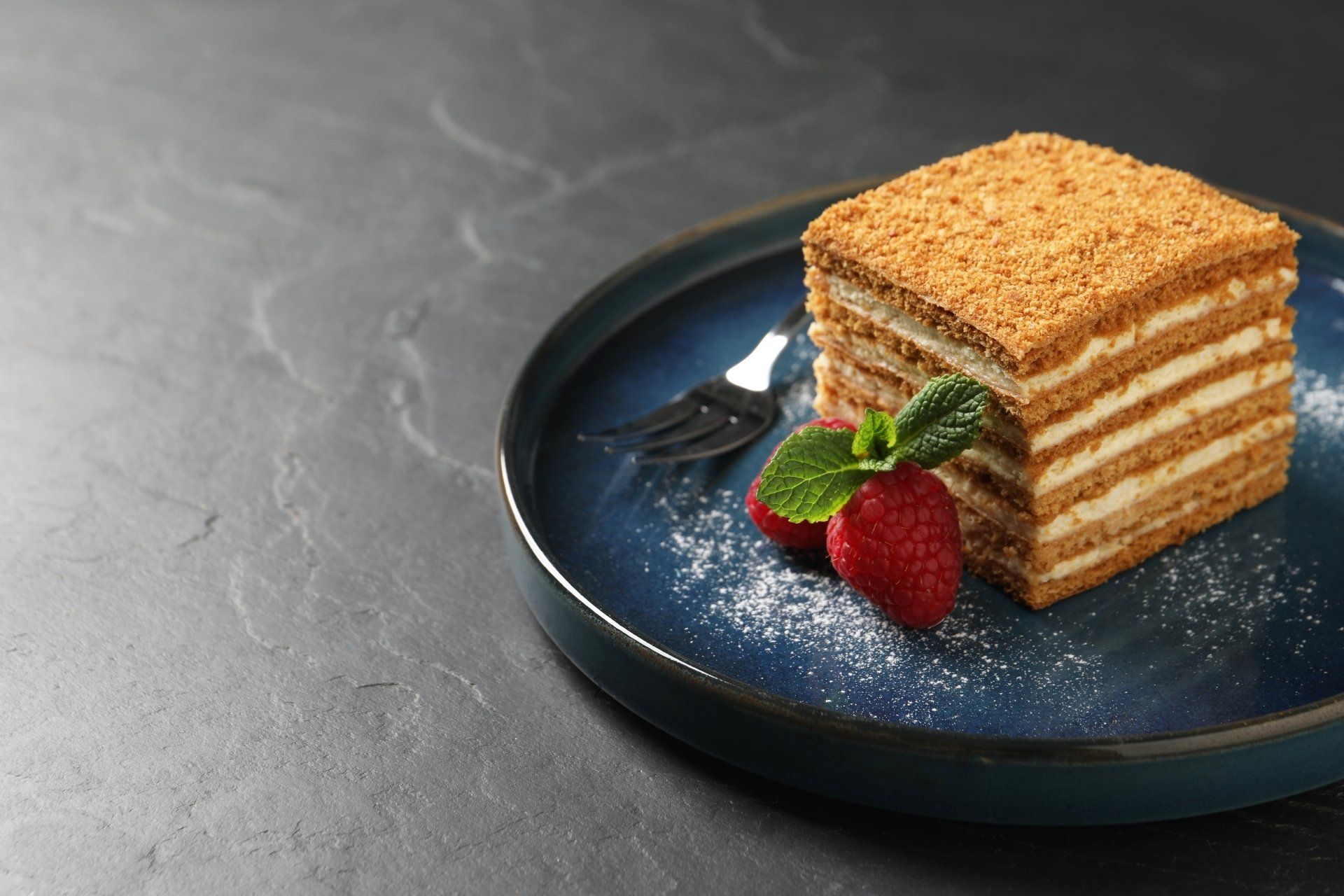
“Unrefined” sugar is a common buzzword these days, with health data about the glycemic index suggesting unrefined and raw sugars may be better for human health than refined sugars. While different products call for different types of sweeteners, choosing the best sugar product for your purpose is always easiest when you are armed with the knowledge of the difference between all the products available on the market. Read on to learn more.
What is Refined Sugar?
In brief, refined sugar is sugar that has been processed in some form, or “refined.” In comparison to natural sugars, for example, those that are found occurring in fruits, milk, and other foods, refined sugar has a bit of direct human help in its creation.
When you think of refined sugar, your first thought may be granulated table sugar – and you’d be correct, this is a very common form of refined sugar. Other very common forms of refined sugar include powdered sugar, corn syrups, evaporated cane juice, and most brown sugars.
One of the defining characteristics of refined sugar is the presence of sucrose. All refined sugar touts sucrose as the main component. Solid refined sugars, including granulated white table sugar, are up to 99.9 percent sucrose. Liquid refined sugars, such as molasses or syrups, are up to 80% sucrose.
Common Types of Refined Sugar:
1. Granulated Sugar
Granulated white table sugar is a staple both in our homes and in the food and beverage industries. Used to sweeten coffee and tea, bake cakes and pastries, and produce caramelization in a range of dishes, we’re all familiar with this sweetener. Many types of granulated sugar exist, including fine white granulated, extra fine granulated, granulated cane, and granulated beet sugars. Indiana Sugars carries all of these types of granulated sugar.
2. Powdered Sugar
Powdered sugar is a common example of refined sugar. It goes by many names, including confectioners’ sugar and icing sugar. This finely-ground, granulated sugar with a clean sweetness and fluffy texture is often used in the creation of icings, frostings, glazes, and fillings.
3. High-Fructose Corn Syrup
Often found in sweetened beverages, high-fructose corn syrup is another example of a refined sugar. This product is chemically similar to granulated white sugar.
- Refined Sugars We Offer -
Granulated Sugar
Bulk granulated sugar, which is commonly known as white sugar or table sugar.
Milliana Powered Sugar®
Powdered sugar is a finely-ground, granulated sugar that is milled into a powder according to desired specifications.
High Fructose Corn Syrup
High fructose corn syrup offers enhanced stability and functionality in food and beverage products.
What is Unrefined Sugar?
An “unrefined sugar” may not be completely unrefined. A completely unrefined sugar is called a “raw” sugar. Unrefined sugars, however, are much less refined than the refined sugars detailed above. These types of sugars are called unrefined as they contain most of the original cane molasses they began with before being brought to consumers.
Common Types of Unrefined Sugar:
1. Natural Minimally Processed Sugars
Natural processed sugars are thought by many to be unrefined. While they are naturally occurring, they require some refinement to bring to consumers. Natural processed sugars include agave, maple syrup, and honey.
2. Some Brown Sugars
A variety of brown sugars are considered “unrefined,” such as panela, jaggery, and panocha.
3. Turbinado Sugar
Turbinado sugar, also going by the names “demerara”, or raw cane sugar, is much less refined than granulated table sugar. Turbinado is known for its large crystals, and is often used to sprinkle over hot cereals, baked goods, desserts, and other products where the sugar needs to hold up well to heat.
Turbinado sugar is a favorite for vegans and vegetarians, and is also allergen-free. Turbinado is also low-calorie, fat and sodium free.
- Unrefined Sugars We Offer -
Milliana Brown Sugar®
Brown (soft) sugar is the commingling of fine-grain white sugar and a film of molasses.
Con AA & Con A
The Con AA and Con A sugar varieties Indiana Sugars offers are produced to a rigorous set of standards.
Organic Sugar
Our bulk organic sugar and organic liquid sugar are never grown with synthetic herbicides or pesticides.
How is Refined Sugar Made?
The creation of refined sugar begins with either pure sugar cane, corn, or sugar beets. The raw sugar is then processed, removing impurities and whitening the color of the end product. During the production process, the sugar goes through melting, filtering, evaporation, and centrifugation steps.
The key distinction between refined and unrefined cycles is that in the production of refined sugar, materials are purified through multiple cycles, whereas raw sugar may only pass through one purification cycle.
The result of the refined sugar production process is a pure, predictable consistency that can be used by home bakers and major industrial plants alike to create the food products we all use and love.
How is Unrefined Sugar Made?
Unrefined sugar begins its journey much the same as refined sugar. However, during the production process, the molasses of unrefined sugar is typically not centrifuged. Because of this, unrefined and raw sugars retain much of the molasses contained in their original form. Refined sugars, on the other hand, have had much of their molasses removed during “purification” processes. As a result, unrefined sugar contains a higher content of molasses and a lower content of sucrose than refined sugars.
How to Spot the Difference between Refined and Unrefined Sugar at the Store:
When shopping for refined sugars, look for the following:
- White sugar
- Table sugar
- Light brown sugar
- Powdered sugar
- Caramel
- Corn syrup
- Cane juice
When shopping for unrefined or raw sugars, look for the following:
- Honey
- Agave
- Agave nectar
- Molasses (unsulphured)
- Muscovado sugar
- Turbinado sugar
- Coconut sugar
- Date sugar
- Sucanat
- Brown rice syrup
Why Choose Indiana Sugars for Bulk Sugar?
Indiana Sugars is a multi-generational, family-operated business with over 90 years of experience. For decades, we have provided excellence in the manufacturing and distribution of a variety of sugar, sweetener, and related products – and we continue to provide excellence today.
At Indiana Sugars, above all, we strive to always meet our customers’ needs and exceed their expectations, both immediate and long-term. Our timely shipments allow for limited downtime and maximized operation. Whether you are looking for refined, unrefined, or raw sugar, Indiana Sugars carries a large variety of sugar products to meet manufacturing needs in industries from food and beverage production to pharmaceuticals.
Contact Indiana Sugars today by giving us a call at (630) 739-9151. You’ll always talk to a human, and we’ll always do our best to make your experience as sweet as possible!
